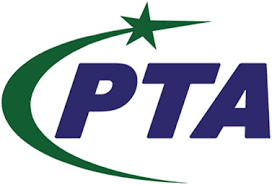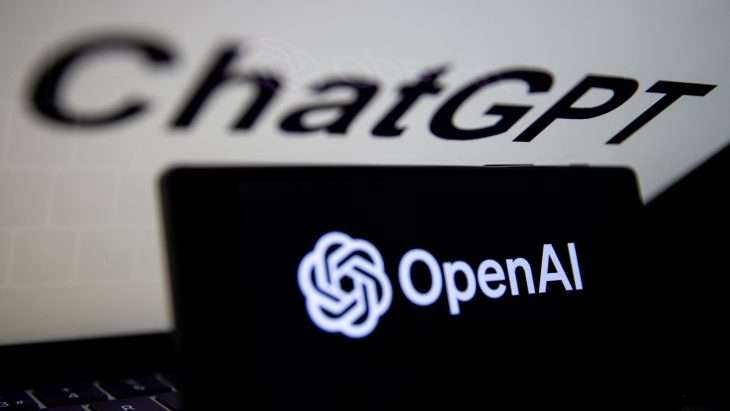
|
Getting your Trinity Audio player ready...
|
Blockchain technology, best known for powering cryptocurrencies like Bitcoin, has evolved far beyond its original purpose. While it gained fame through the financial world, blockchain’s potential applications now extend to a wide range of industries, from healthcare to supply chain management, voting systems, and even intellectual property protection. This decentralized and immutable ledger system is transforming how businesses operate, offering transparency, security, and efficiency in ways that were previously unimaginable.
In this article, we will explore how blockchain technology works, its various applications beyond cryptocurrency, and its potential to reshape different sectors.
1. What is Blockchain?
At its core, blockchain is a distributed ledger technology (DLT) that allows data to be stored across multiple locations (nodes) without the need for a central authority. Each transaction or piece of data is recorded in a “block,” which is then linked to the previous block, forming a “chain.” Once data is recorded in a block, it becomes nearly impossible to alter, making blockchain a highly secure and tamper-resistant system.
Key Features of Blockchain:
- Decentralization: No single entity has control over the entire network; instead, control is distributed across all participants.
- Transparency: All transactions are visible to participants, ensuring transparency.
- Immutability: Once data is added to the blockchain, it cannot be altered or deleted.
- Security: Cryptographic algorithms protect data and make it highly resistant to hacking.
2. Blockchain in Supply Chain Management
One of the most promising applications of blockchain technology beyond cryptocurrency is in supply chain management. Traditional supply chains often suffer from a lack of transparency, inefficiencies, and the inability to trace products from origin to consumer. Blockchain addresses these issues by providing a transparent and immutable ledger that tracks products throughout their lifecycle.
How Blockchain Benefits Supply Chains:
- Product Authenticity: Blockchain can verify the origin and authenticity of products, reducing counterfeiting and fraud.
- Transparency: Every step in the supply chain is recorded on the blockchain, providing visibility into where a product has been and who has handled it.
- Efficiency: Blockchain can automate processes like payments and inventory management, reducing delays and paperwork.
For example, Walmart has used blockchain to track the journey of food products from farm to store, allowing them to quickly trace any contamination or quality issues, ensuring consumer safety.
3. Blockchain in Healthcare
Blockchain technology is also making significant strides in the healthcare sector, addressing problems related to data security, patient privacy, and interoperability of electronic health records (EHRs). By using blockchain, healthcare providers can securely share patient information across different systems while ensuring data integrity and privacy.
Key Applications in Healthcare:
- Patient Data Management: Blockchain can store and share patient data securely, enabling healthcare providers to access accurate and up-to-date medical records.
- Drug Traceability: Blockchain ensures the authenticity of pharmaceuticals, preventing counterfeit drugs from entering the market.
- Clinical Trials: Blockchain can improve the transparency of clinical trials, ensuring that data is accurate and verifiable.
For instance, MediLedger, a blockchain-based platform, is used to track the authenticity of drugs in the pharmaceutical supply chain, ensuring patient safety and compliance with regulations.
4. Blockchain in Voting Systems
Blockchain technology is also being explored as a solution to improve the integrity and security of voting systems. Traditional voting systems are often susceptible to fraud, tampering, and transparency issues. Blockchain’s decentralized and tamper-proof nature makes it an ideal candidate for securing elections.
How Blockchain Improves Voting:
- Transparency: Blockchain allows voters and authorities to verify votes in real time, ensuring transparency.
- Security: Blockchain’s encryption and decentralization make it difficult for malicious actors to manipulate voting data.
- Auditability: A complete and immutable record of votes has maintained, which can audited without compromising voter privacy.
Countries like Estonia have experimented with blockchain-based voting systems to enhance the transparency and security of their elections, setting an example for future voting technologies.
5. Blockchain in Intellectual Property Protection
Blockchain can also play a crucial role in protecting intellectual property (IP) by providing a permanent and verifiable record of ownership. Artists, musicians, writers, and inventors can use blockchain to timestamp their creations, proving ownership and ensuring that they receive credit and compensation for their work.
Benefits of Blockchain for IP Protection:
- Proof of Ownership: Creators can use blockchain to establish and verify ownership of digital or physical assets.
- Smart Contracts: Blockchain’s smart contract functionality allows automatic royalty payments when someone uses or purchases an intellectual property.
- Decentralized Marketplaces: Creators can sell their work directly to consumers on blockchain platforms without intermediaries, ensuring fair compensation.
NFTs (Non-Fungible Tokens) an example of blockchain technology used for IP protection, where digital art and other unique assets tokenized and traded, ensuring that creators paid and credited appropriately.
6. Blockchain in Financial Services (Beyond Cryptocurrency)
While blockchain’s association with cryptocurrencies is well-known, its use in the broader financial services sector is gaining momentum. Banks and financial institutions are leveraging blockchain to enhance the speed, security, and efficiency of transactions.
Key Financial Applications:
- Cross-Border Payments: Blockchain can facilitate faster and cheaper international money transfers by eliminating intermediaries.
- Smart Contracts: Financial agreements can executed automatically when certain conditions met, reducing the need for intermediaries and legal costs.
- Fraud Prevention: Blockchain’s transparency and immutability make it difficult for fraudulent activities to go unnoticed, protecting both consumers and businesses.
Major financial institutions, such as JP Morgan and Santander, have adopted blockchain-based solutions to streamline cross-border transactions and offer improved services to their customers.
7. Challenges and Limitations of Blockchain Technology
Despite its many advantages, blockchain technology still faces several challenges that need to addressed before it can widely adopted across industries.
Key Challenges:
- Scalability: Blockchain networks, especially public ones, can be slow and inefficient as they grow in size, limiting their scalability.
- Energy Consumption: Some blockchain networks, particularly those using proof-of-work (PoW) consensus algorithms, consume large amounts of energy, raising environmental concerns.
- Regulation: The regulatory framework for blockchain technology is still evolving, creating uncertainty for businesses that want to adopt it.
Conclusion
Blockchain technology has evolved far beyond its origins in cryptocurrency, offering a range of transformative applications across industries. From supply chain management and healthcare to voting systems and intellectual property protection, blockchain provides solutions that enhance transparency, security, and efficiency. While challenges remain, the continued development of blockchain holds significant potential for reshaping the way businesses and governments operate in the future. As industries continue to explore and adopt blockchain, its impact will only grow, making it one of the most promising technologies of our time.
Also Read: https://skipper.pk/2024/09/08/the-impact-of-cloud-computing-on-modern-businesses/






